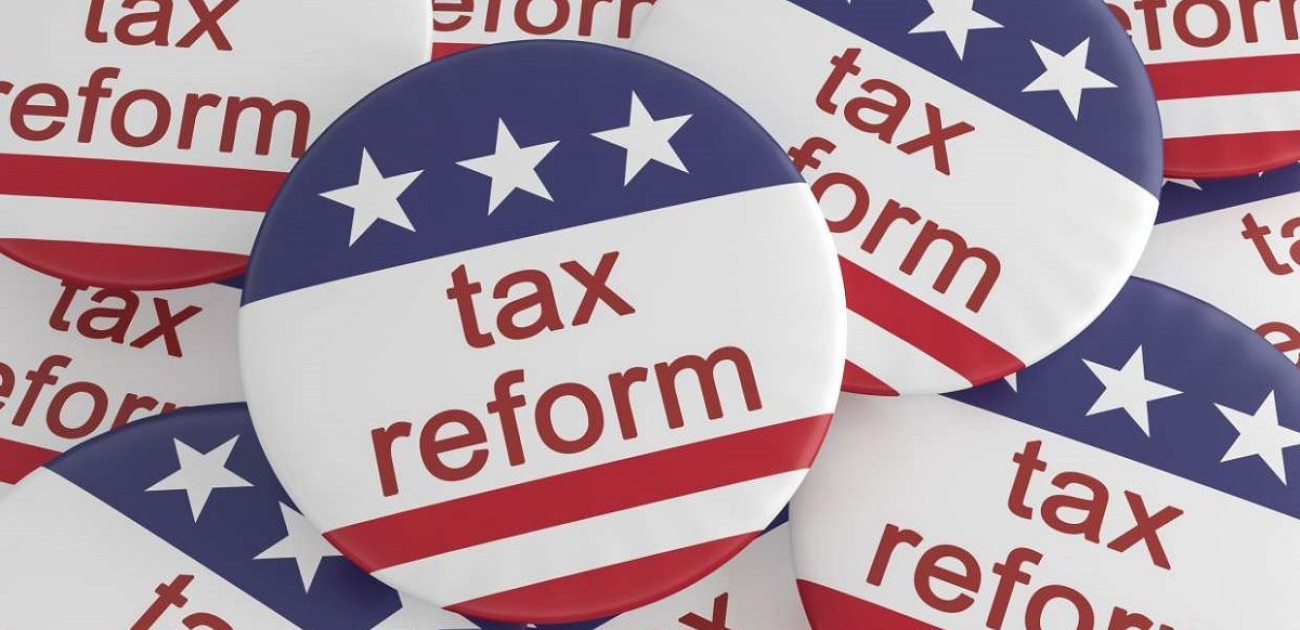What Does Tax Reform Mean for Retail?
We all know now that the federal corporate tax rate for many retailers is dropping this year from an industry effective average rate of 32.9% to 21%, as a result of changes implemented by the so-called “Tax Cuts and Jobs Act” which was signed into law on December 22, 2017. Retailers with cash overseas will benefit from the move to a “territorial system” of international taxation. Under a territorial system no United States federal income tax is imposed on the operations of foreign corporate subsidiaries, even when profits are repatriated back into the United States. What will retailers do with their tax savings? Will repatriated funds be re-invested?
The National Retail Federation, which campaigned for the reform, sees the act as a victory for retailers, who pay some of the highest effective tax rates of any industry.
Following a year when thousands of stores closed and retailers struggled to find ways to keep brick and mortar relevant, we are following what different retailers are doing. Some retailers are paying employee bonuses. Others are paying dividends to shareholders, reducing debt, or building reserves. Others are investing in new technologies. Another way retailers are speculated to use tax savings to be more competitive is to make “price investments” – dropping prices throughout their stores.
Here is some of what we are seeing:
Apple and Walmart have announced they will pay special bonuses to their employees. Walmart plans to give $1,000 bonuses to workers, depending on their length of service. It is estimated that these bonuses will cost approximately $400 million. Apple has announced that it is paying employees below the senior level title of director bonuses worth $2,500 in the form of restricted stock units. Prior to the tax reform, Target committed to increasing its minimum wages to $15 per hour by 2020. When news of tax reform hit, Walmart announced a minimum wage boost to $11.00 per hour.
Footwear and apparel retailers who hold billions of cash overseas will be incentivized to bring cash back to the United States. Abercombie & Fitch has announced it will do just that and take advantage of incentives to bring profits back into the United States. According to Christopher Svezia of Wedbush, the international retailers he follows are holding over $7 billion in cash overseas. Bringing the funds home creates an opportunity for increased share repurchases, helping brands like Foot Locker, Wolverine and Sketchers, to name a few.
The combination of tax savings and forecast of increased consumer spending caused Barclays to raise its rating on Target and Lowe’s stocks. The upgraded rating also stems from the fact that the two companies in particular have been able to find ways to minimize the competitive threat that e-commerce has had on their sales.
Will retailers invest to fine-tune existing technologies such as “order-to-shelf” and scan and go?
In early 2017 Whole Foods began an “order-to-shelf” system where food goes straight from a delivery truck to shelves, skipping the stock room. The streamlining system is intended to apply technology to better manage inventory, but has apparently left some shelves empty. We see stores investing in technology like Kroger’s “Scan, Bag, Go” system. Kroger announced that the service, which allows customers to use a scanner or an app on their phone to scan items and then pay through the app, will appear in 400 locations in 2018 (up from 25).
We will continue to monitor how retailers are using these expected tax savings.
Do you want more information?
 Cristina L. Addy
Cristina L. AddyCristina L. Addy is an Associate in the firm's Real Estate group. Her practice focuses on representing investors, developers, and lenders in connection with the acquisition, disposition, and financing of office, multifamily and retail properties.
